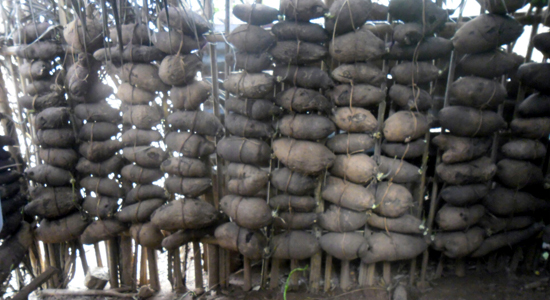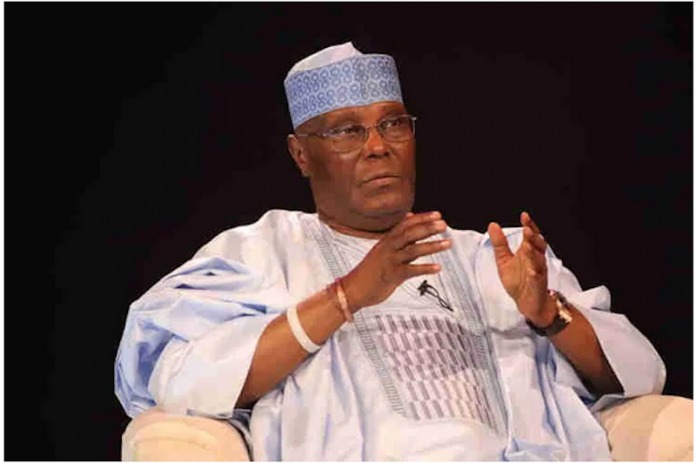The Minister of Agriculture and Rural Development, Chief Audu Ogbeh, has disclosed that the Federal Government is targeting about $8billion annual foreign exchange from the export of yams to other countries, if the yam export programme succeeds.
The Minister said this when he received the Technical Committee on Nigeria Yam Export Programme in Abuja on Thursday.
He said the programme which is to be flagged off on June 29, would enable the country earn foreign exchange from agricultural produce as substitute to the oil and gas sector.
Ogbeh Said, “This programme has to succeed; we must sell whatever we produce to the world because we are buying too much. We allowed ourselves to be deceived. I saw the figures of Ghana’s earning from yam export and their targets for the future and it was quite impressive.
He said “If Ghana can aim at a few billion dollars a year from yams, there is no reason why Nigeria cannot quadruple that. I want this committee to begin to engage team of engineers anywhere in the world. Can we design a plough that can make the yam heap? `We have to mechanise heap making otherwise, in the next five years, because of our aging farmers, you will find out that we do not have yams again and we will get into fresh troubles.’’
Chairman of the committee, Prof. Simon Irtwange, said the committee was working with the International Institute of Tropical Agriculture (IITA) to train farmers and also improve some yam varieties. He said the committee had prepared a four-year action plan for the yam value chain programme in the country.
Irtwange solicited for better funding for the committee which was private sector driven, to commence the programme.
He said “We have standards that we are following and they have to do with pytho-sanitary requirements to meet international standards.We have combined the standards of Ghana and Nigeria to make sure our yams are not rejected at the international markets.’’
Meanwhile, Mrs Elizabeth Nwankwo, a yam exporter, representing Oklan Best Limited, listed some challenges experienced by exporters to include inadequate transportation and lack of quality seedlings. She explained that inadequate storage facilities also contributed to the rejection of the country’s agricultural produce at the international markets.
Nwankwo expressed optimism that there would be zero rejection of the country’s agricultural produce, if the challenges were tackled.
The committee was inaugurated in February to facilitate the acquisition of warehouses at the receiving destinations, address markets in Europe and Canada. It will also sensitise farmers and exporters on required international standards of yam before exportation.
The committee is made up of representatives from the Nigerian Customs Service, Nigeria Agricultural Quarantine Service (NAQS) and the Nigerian Ports Authority (NPA), among others.
The Nigeria yam export programme is aimed at taking yam processing to the next level.





















